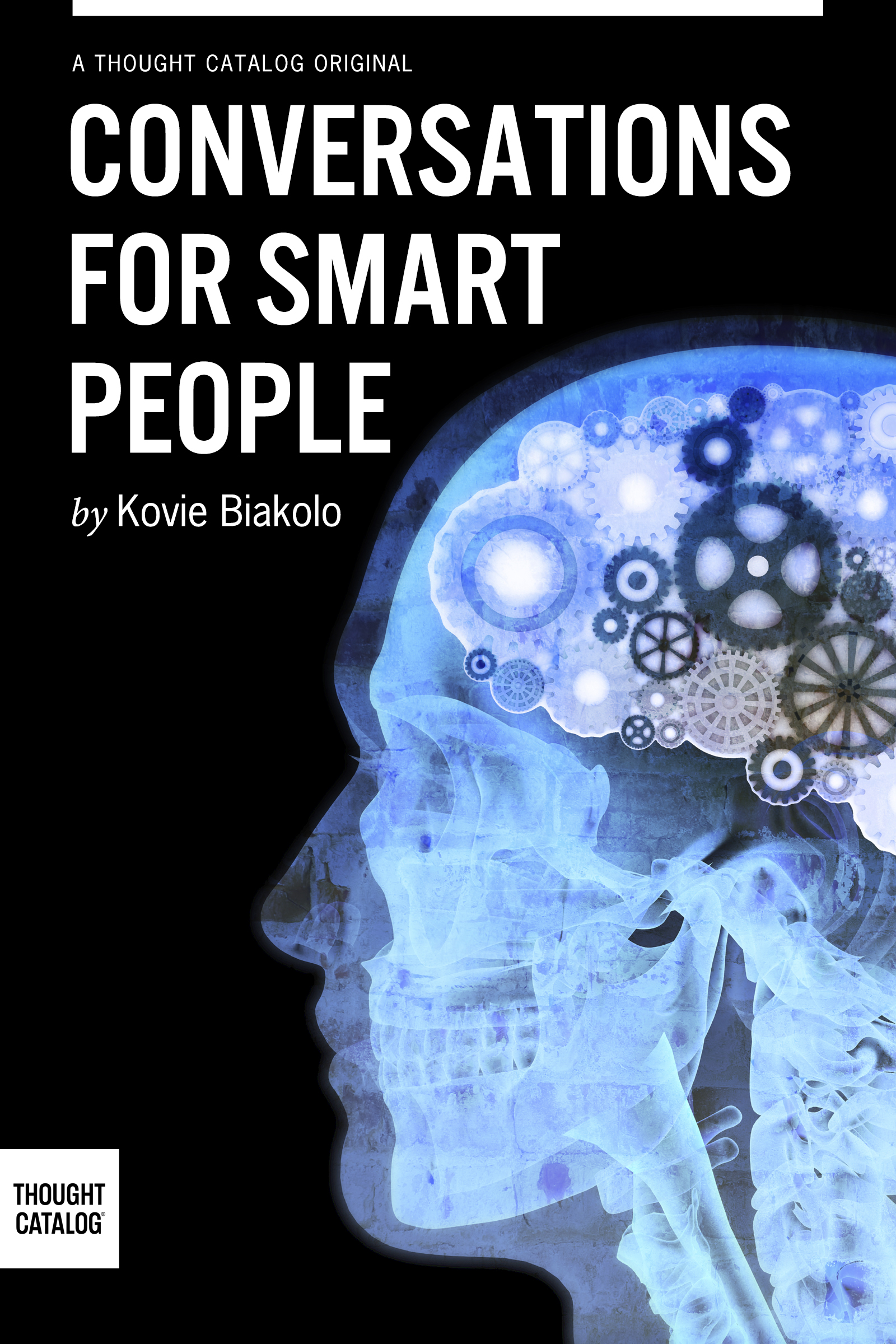I am tired of White, Western Feminism. There, I finally said it. And I am certain that I am not the only one. Feminism used to mean something, I think. It used to mean particular goals that women wanted to achieve in order to have a more equitable and fair society for them to live in. And indeed, I emphasize fairness over equality because historically disadvantaged groups, coming from positions of powerlessness, often don’t just get by with simply the notion of access to seats at the table. They actually need seats at the table.
Third-wave feminists rightly wanted to transform the racism and classism and wrongful perceptions of men that second-wave feminism had restricted them to. But third-wave feminism has transformed into a meaningless parody of second-wave feminism that has espoused everyone into believing that on the one hand, there are no good and bad ways to do feminism. And then on the other hand, it pressures every woman to believe that they must be a feminist – without adequate denotation or connotation – or it inherently means they hate women.
First of all, let’s get something straight: Not every woman or man or person needs to be a feminist; that is always contingent on definition. Now before you lose your marbles, hear me out. The notion that feminism is as simple as “believing in gender equality,” and thus can make anyone a feminist, is a ridiculous one. I say this coming from a political theory perspective, where the very definition of “equality” itself is something that is not only heavily contested, but is dynamic and dependent on the particular paradigm it is being discussed. You can’t throw out words like “equality” without qualifying the definitions and measurements your position takes. It is an erroneous and unhelpful oversimplifications of a complex subject.
That aside, while White, Western movements of feminism were heavily recorded and organized, I am exhausted with the incredibly oblivious way they center themselves as speaking for all women, and all women’s issues. Not only do I disagree with some fundamental positions of these feminists such as the issue of life and “choice,” I think it is a blatant lack of self-awareness and other-awareness to not look at these issues and the issues they focus on, from sexuality to health, as coming from heavy positions of privilege. Women in many parts of the world do not come from these positions. The reality is the world, and indeed the world all women live in, is more Brown and Black than White; it is more poor than middle-class and rich. How can these feminists claim to speak for all women when they do not represent the vast majority of women’s lives, and consequently do not personally know their ideas and thoughts and concerns?
Of course that last question comes at the very heart of my most frustrating experience with this type of feminism – speaking for other women. That needs to end. Women who come from disadvantage, who come from the lesser developed lands of the world, do not need White, Western women speaking for them. They need to speak for themselves. Their voices are often drowned out not because they do not speak, but because they are intentionally not heard.
That is the privilege and power of White, Western feminism – to refuse to hear other women’s voices, especially those who may inherently contradict their fundamental perspectives of womanhood. Sometimes even being as condescending as to claim that women who dissent from their positions have “internalized misogyny and the patriarchy.” And while that is a truth that at times does apply, it should be one that is made with enough deliberation and caution. Otherwise you fundamentally ignore the agency of many women – further oppressing them with your privilege, simply replacing one power holder that oppresses, for another.
I have never denied my own privilege – that of class, of education, of ability, etc. In fact, I write about this because I am aware of my privilege to the point of hyper-consciousness. But as someone who personally understands salient positions of disadvantage – such as race and nationality – I am not afraid to question the positions that White, Western feminism takes on because I am a witness to how it tries to become a hegemon itself, while claiming to fight one. And for that reason, I do not stand idly by and let it infiltrate without questioning; without resistance.
I welcome dissent from my position from all women because I believe the ability to hear all sides of womanhood is really what empowering women is all about. It is from there we can discuss the freedom of making the best choices. But White women do not own feminism. Western women do not own feminism. And should the language of “feminism” and the language of privilege feminists be problematic for many women across the world, it is best to understand why, rather than to simply ignore, as is too often the case. The survival of women in this world has never depended on their knowledge of proper language or constructs. As Audre Lorde taught us, “Survival is not an academic skill.” I cannot emphasize this enough.
Women throughout the world have always survived because they have been aware of their situations – whatever those situations might have been. Women throughout the world, especially those who are the most disadvantaged, have always been their own heroines. And they will continue to be. It has been a long time coming to make space for them at the seat of the table; not to speak for them, but to hear their stories. That is empowerment. That is something everyone can actually do. And that is ultimately going to happen, whether by invitation, or by force. ![]()






